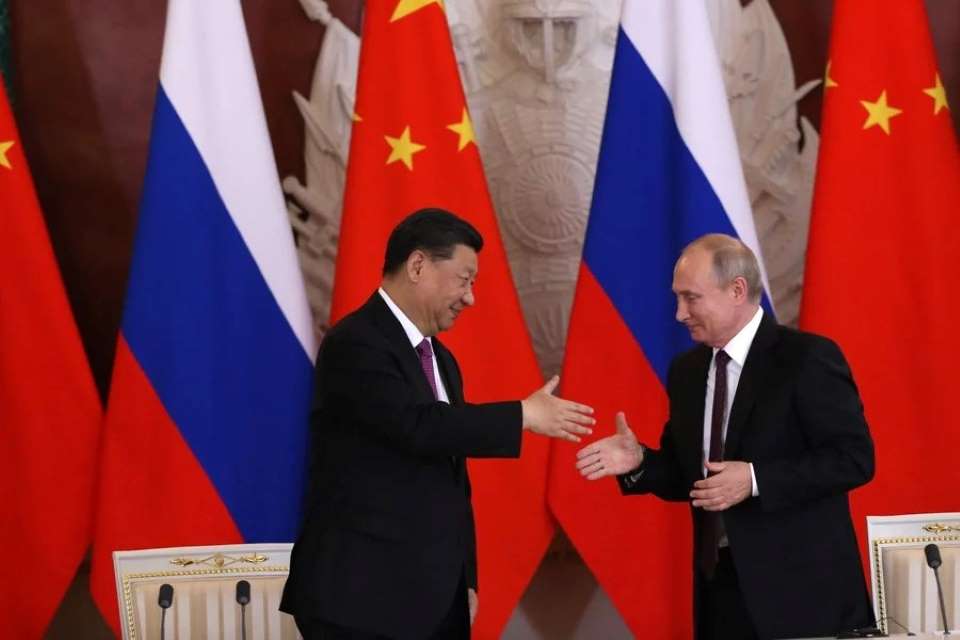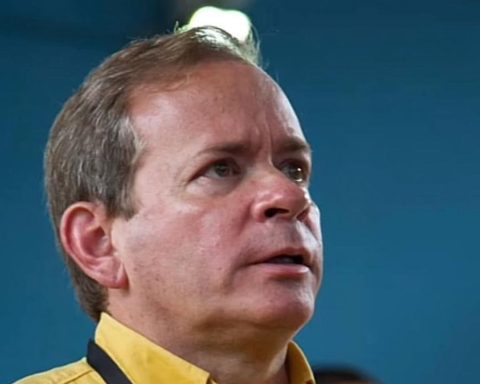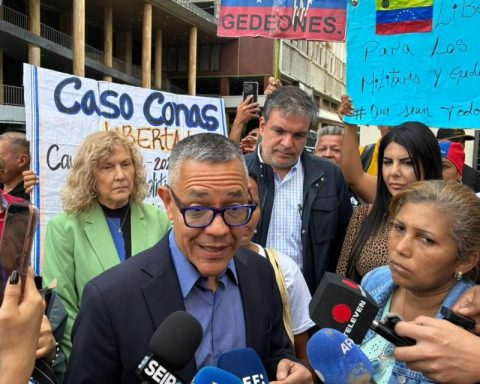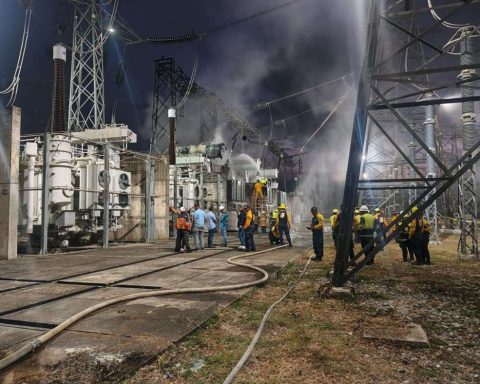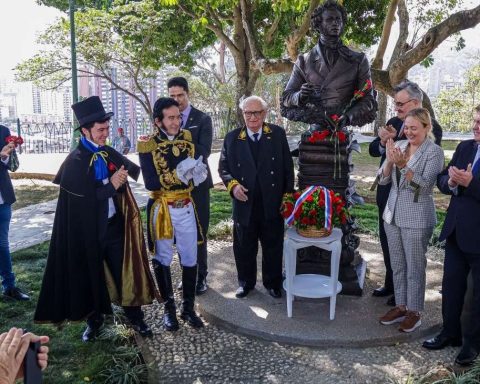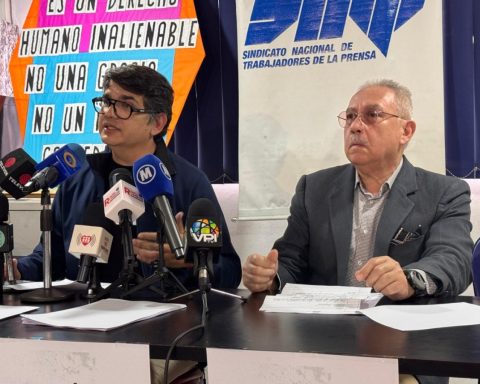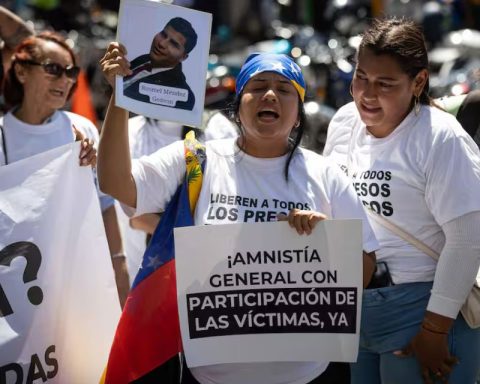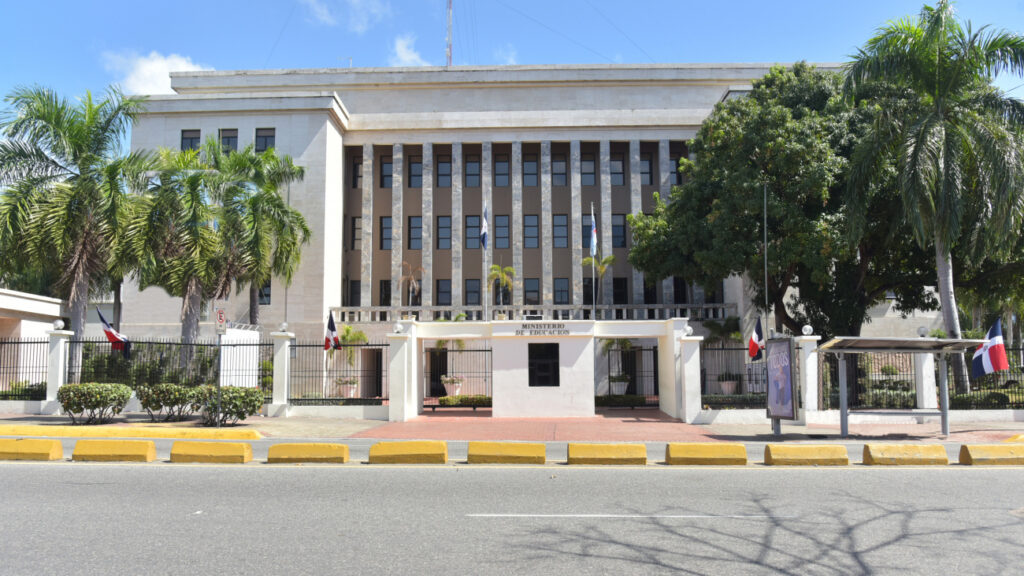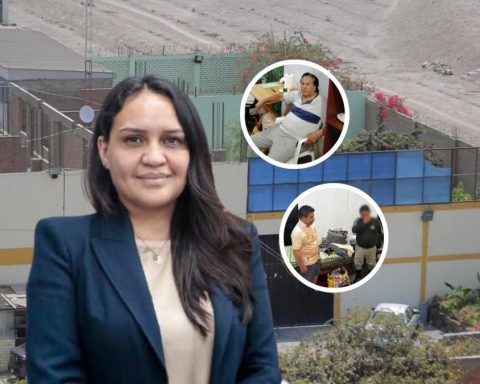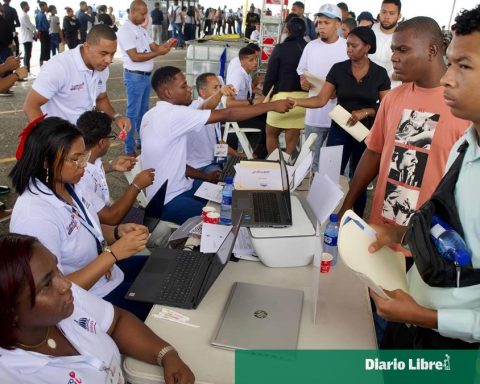Andreas Bummel, executive director of Democracy Without Borders, said it is sad that the UN serves as a stage for totalitarian autocrats to spread their propaganda. “Whether or not they come to New York to do it every September can depend on a lot of variables. Each case must be analyzed separately. Generally speaking, if they don’t come, I don’t think you should give it too much importance,” he said.
When the high-level segment of the 77th session of the UN General Assembly begins this Tuesday, September 20, the official list of speakers includes 92 heads of state and 56 heads of government.
But the “usual suspects” do not appear in it, mostly leaders of authoritarian regimes, the Russian Vladimir Putin, the Chinese Xi Jinping, the North Korean Kim Jong-un, the Syrian Bashar al Assad, the Saudi crown prince Mohammed bin Salman and Myanmar’s reviled military coup plotters.
Some of these autocrats are accused of war crimes, genocide, human rights abuses, persecution of journalists and repression of women’s empowerment and civil society organizations, all against the United Nations Organization (UN ).
A Western diplomat, who spoke on condition of anonymity, described the absentees as “a veritable gallery of political rogues.”
And as world leaders meet, the UN will also go into lockdown mode during the days of their engagement, with movements inside the General Secretariat severely restricted and the building a virtual “no-fly zone.”
Thomas G. Weiss, a distinguished specialist in international relations and global governance, with special experience in United Nations politics, told IPS: “I don’t think there is much to speculate about their absences, as they have been in previous sessions. » of the General Assembly.
“The General Assembly is a forum for equal opportunities: the thugs and the champions have the podium and they don’t need to respect the time limits,” said Weiss, who has been a professor at the City University of New York Graduate Center and director emeritus of the Ralph Bunche Institute for International Studies.
Kim Jon Un, President of North Korea
Other authoritarian leaders who went from appearing before the UN in the past were the Iraqi Saddam Hussein, the Syrian Hafez al Assad, and the North Koreans Kim Jong-il and Kim Il-Sung.
So did some leaders in the West, like Germany, who for unexplained reasons evaded the UN sessions and sent their second-in-command.
But the Cuban Fidel Castro, the Libyan Muammar Gaddafi and the Palestinian Yasir Arafat did address the General Assembly (GA) during the 1960s and 1970s.
Samir Sanbar, former UN Under-Secretary-General and former head of the Department of Public Information, told IPS that the level of participation and the scope of coverage will reflect at the next General Assembly how relevant the UN is in these uncertain times of disorder. international.
He said that “the distinguished speakers will seek to present their national credentials to an international audience and show their international prestige to their national audience.”
“Despite the political rhetoric, even heads of state who publicly criticize the United Nations find a personal need to appear at it,” he noted.
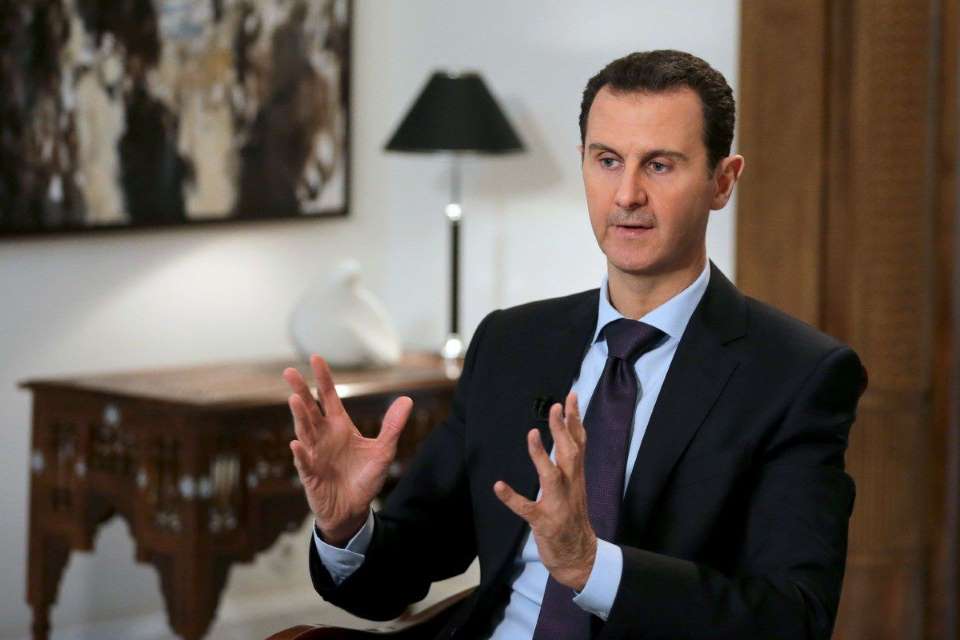
Bashar Hafez al-Assad, President of Syria
Read also: Maduro tells the UN that Alex Saab’s trial in the US is flawed
Sanbar noted that former US President Donald Trump, who has persistently attacked the UN, appeared at the head table of the General Assembly’s opening luncheon, as head of the host country, and later welcomed several heads of State visitors at his nearby Trump Tower residence.
Brazil’s far-right president, Jair Bolsonaro, would seek to keep his country’s usual place as the first speaker. In the past, Libyan Gaddafi marked his attendance at the GA by theatrically tearing up the UN Charter. But still he tried to keep his delegate Abdel Salam Ali Treki as president of that same session of the General Assembly.
We hope that the attendance of so many heads of state and government in this session will attract more coverage and public interest than in the last two years, in which the UN facilities were in total or partial physical closure due to the covid-19 pandemic. .
“As it will be recalled, statements by more than 90 heads of state in a previous session did not receive a single mention, while several participants marched off to a ‘Global Concert’ in Central Park,” said Sanbar, who served with five secretaries. different generals during his UN career.
Andreas Bummel, executive director of Democracy Without Borders, told IPS that it is sad that the UN serves as a stage for totalitarian autocrats to spread their propaganda.
“Whether or not they come to New York to do it every September can depend on a lot of variables. Each case must be analyzed separately. Generally speaking, if they don’t come, I don’t think you should give it too much importance,” he said.
UN spokesman Stéphane Dujarric said September 9 that “the atmosphere within the UN Secretariat is businesslike and very busy, as we do before any General Assembly. Of course, this is the first General Assembly we have had in person since 2019. So it creates a sense of excitement and a return to personal presence.”
Also read: Guterres assures that the coming months will “test the strength” of the UN
“I think the message is to look around us and see all the challenges that we face today. None of them can be solved unilaterally by a single country. Whether you look at climate change, whether you look at conflict, hunger, which are all interrelated, I don’t know what else… what better definition can we give than multilateral problems that need multilateral solutions,” he argued.
“And we hope that Member States will recommit themselves to finding solutions for future generations and for these generations in an atmosphere of cooperation, even if they continue to disagree on many issues,” said Dujarric.
At the close of the 76th session of the General Assembly, Secretary-General António Guterres said that the current session, like the previous one, is marked by a series of deepening challenges.
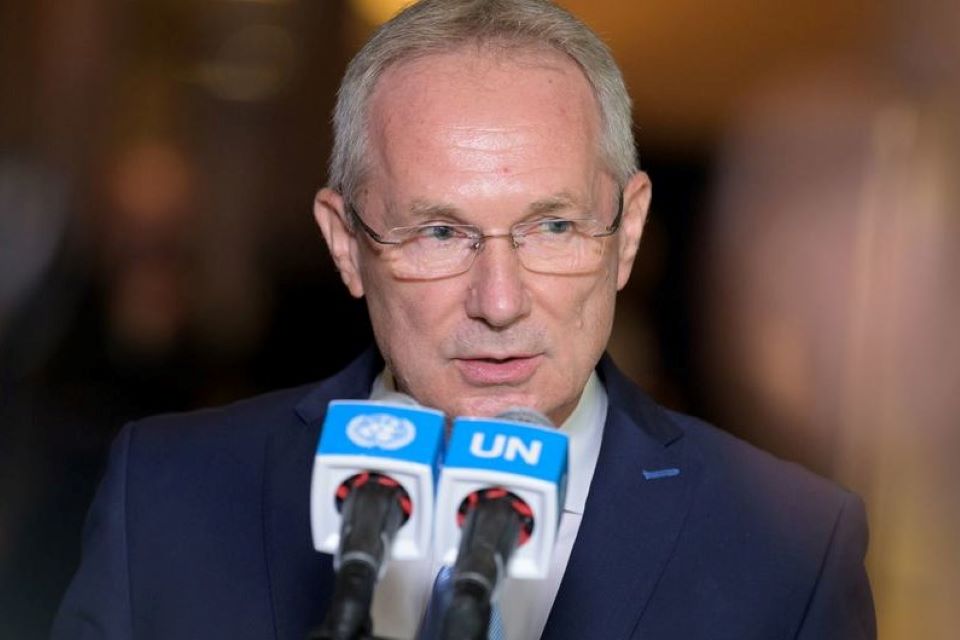
Csaba Korosi, President of the 77th UN General Assembly
Rising prices, eroding purchasing power, growing food insecurity, and the growing shadows of a global recession, plus a global pandemic that refuses to be defeated, and the emergence of another health emergency with monkeypox. , raised.
This along with “deadly heat waves, storms, floods and other natural disasters,” he added.
On the 77th session of the General Assembly, Guterres considered that it will continue to test the multilateral system “as never before.”
“And it will continue to test cohesion and trust between Member States. The road ahead will be difficult and unpredictable », she sentenced.
“But using the tools of our trade – diplomacy, negotiation and compromise – we can continue to support people and communities around the world. We can pave the way to a better and more peaceful future for all people,” he said.
And he concluded: “We can renew faith in the United Nations and in the multilateral system, which continue to be humanity’s best hope.”
Also read: UN warns that online privacy is more threatened than ever with spyware
Post Views:
244
